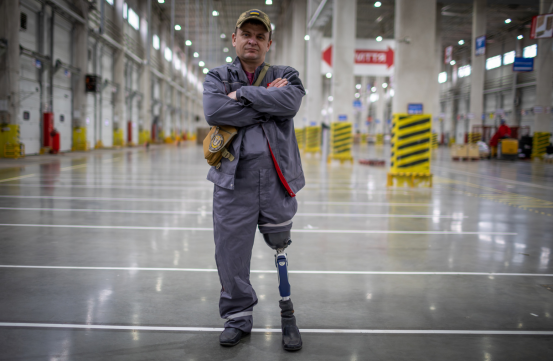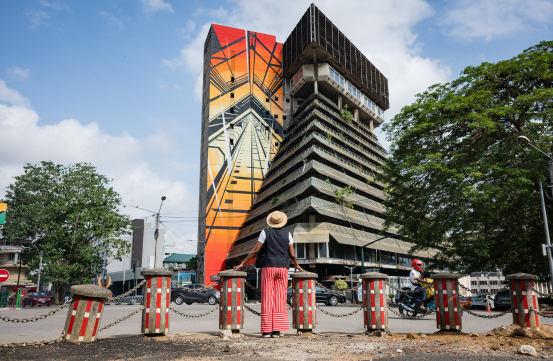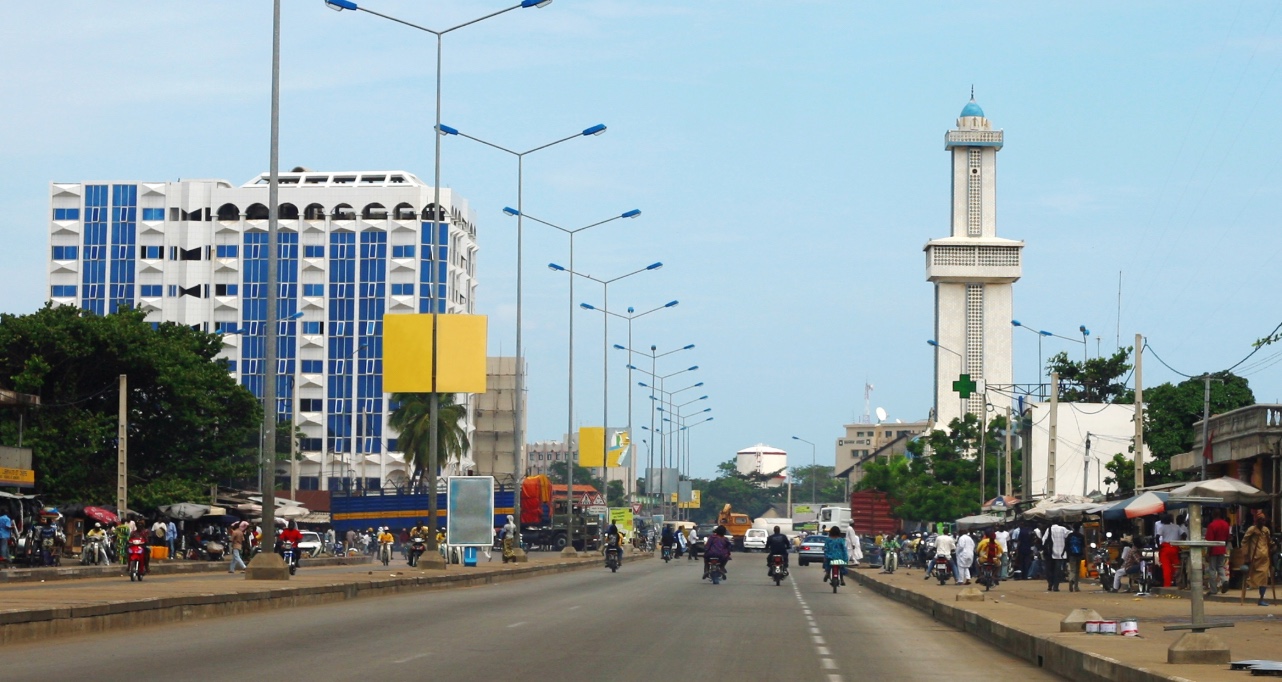
News
EBRD lends €150 million to Morocco for Saïss Water Conservation Programme
EBRD lends €150 million to Morocco for Saïss Water Conservation Programme
12 Dec 2025
Who we are
Overview: about the EBRDWho we are
Overview: about the EBRD
Learn about the EBRD's journey to investing more than €210 billion in over 7,500 projects.
What we do
Overview: how the EBRD operatesWhat we do
Overview: how the EBRD operates
Through projects, business services and involvement in high-level policy reform, we're doing more than ever before.
Work with us
Overview: how you can work with the EBRDWork with us
Overview: how you can work with the EBRD
We draw on three decades of regional knowledge and financial expertise to tailor our products and approaches to each client's needs.
The EBRD works across three continents to support the transition to successful market economies. Our focus is on delivering prosperity by enabling a well-run and sustainable private sector. We do this with our unique business model, combining financing, advice and policy reform.
€210 billion
Invested since 1991
7,500
Projects and counting



Our projects
Our work spans a range of business sectors in more than 40 economies. We ensure that all our projects deliver maximum impact, underpinned by strong governance and a commitment to environmental and social sustainability.

News
EBRD lends €150 million to Morocco for Saïss Water Conservation Programme
12 Dec 2025

News
BBC News Ukraine has revealed the winners of its 2025 Book of the Year awards presented in partnership with the Cultural Programme of the EBRD
12 Dec 2025

News
€30 million to finance rural electrification in the Mono, Couffo and Borgou regions
12 Dec 2025

The Transition Report 2025-26
The Transition Report 2025-26 looks at the implications of demographic change for rapidly ageing economies, as well as economies with young, fast-growing populations. It outlines recent demographic trends, including declining fertility rates, and presents strategies that policymakers could deploy in response.

Our commitment to sustainable investment
Environmentally sound and sustainable development is central to the EBRD’s mandate. We promote it throughout our activities and have made it a core element of our work.

The EBRD's support for Ukraine
As the largest institutional investor in Ukraine, we have already deployed more than €8.5 billion in Ukraine since Russia’s invasion of the country in February 2022.
Cookie consent
Cookies are pieces of code used to track website usage and give audiences the best possible experience. Use the buttons to confirm whether you agree with default cookie settings when using ebrd.com.
These cookies cannot be disabled. They are essential for core functionality in ebrd.com to ensure a seamless and secure experience.
We use Adobe Analytics cookies to measure usage of the website in order to improve it and respond to end user actions. We review anonymised data on how people reach the site, where they click and so forth. Learn more here about specifics of our cookie use.
We use Adobe marketing cookies to enable us to customise ebrd.com to tailor the website and email marketing services based on the interests of each end user.
